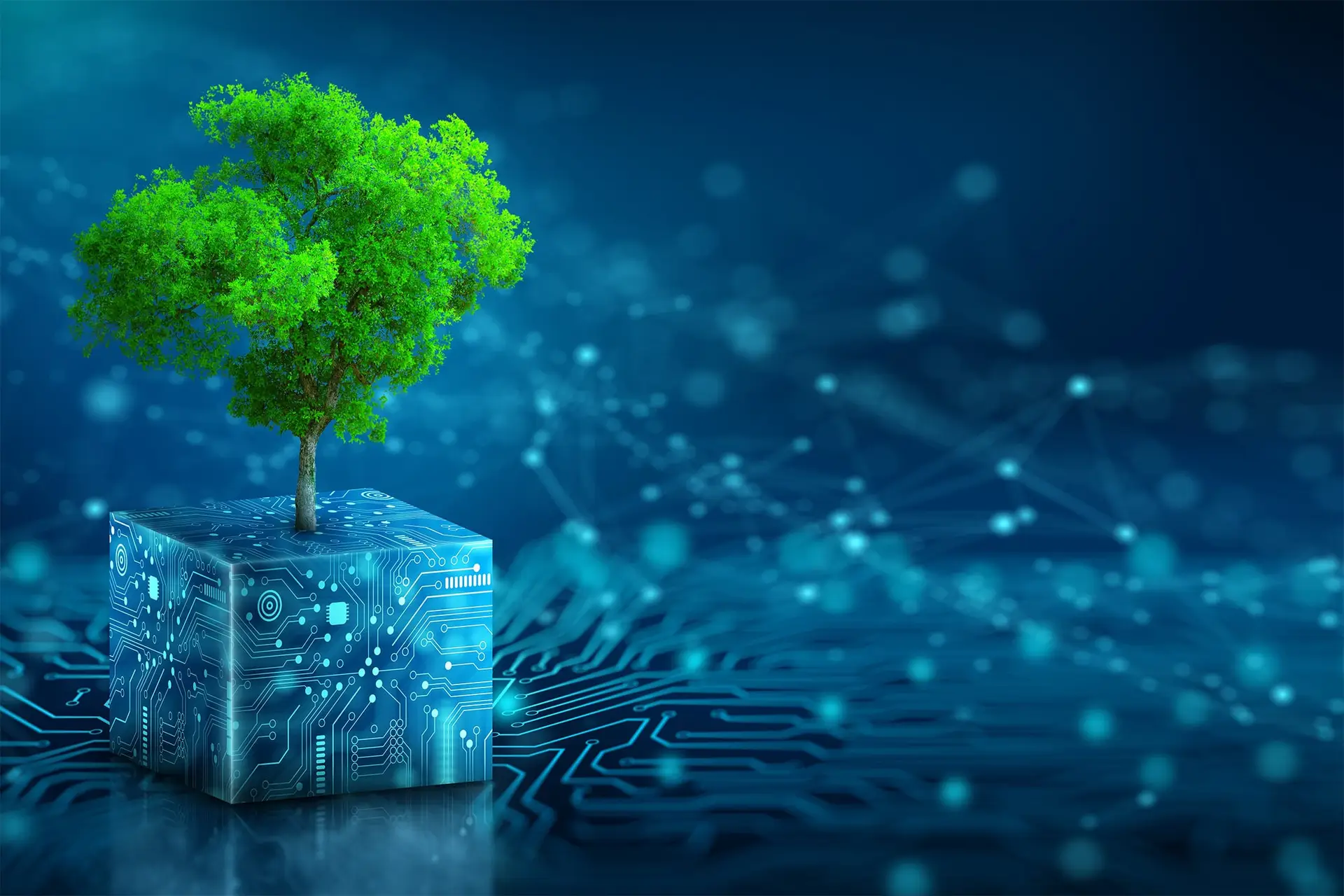YES – we can – as a TEAM we can change how we produce products – with less impacts – more sustainably.
Last week, we welcomed our 2,000th follower of iPoint’s official company page here on LinkedIn. Thank you for your commitment and your trust in our expertise! It makes me proud to see how our social media community, as well as our ecosystem of 70,000 users around the globe, has grown steadily over the past 20 years. In order to develop our industry-leading solutions for managing, tracking, analyzing, and reporting product compliance and sustainability data across the whole value creation network, iPoint works hand in hand with clients, partners, industry associations, and international research institutes. While the global pandemic continues to change and challenge the way we work and live, collaboration and team spirit are what make us strong and resilient in these volatile times! Although digital technology is no panacea and can’t replace direct social encounters, it has certainly helped us all stay connected and healthy – and advance sustainability.
SDGs – a team effort
In 2015, all UN Member States adopted the 17 Sustainable Development Goals (SDGs) as part of the 2030 Agenda for Sustainable Development. First and foremost, the SDGs are a team effort to secure a better and more sustainable world for future generations. That’s why SDG 17, Partnership for the Goals, is so crucial to deliver the SDGs by 2030. We’re in this together, and the SDGs can only be realized with strong global partnerships and cooperation! At this point I would like to mention the term “coopetition”, a neologism standing for cooperative competition that makes all the actors give their best. The basic idea of this concept is that we only have the chance to compete with each other if we make sure that our planet survives. This means, coopetition – bringing together experts from a range of oftentimes competing organizations to develop a solution they can all share – is necessary to advance sustainable products, transparent supply chains, and new business models such as the Circular Economy.
INATBA – a strong collaboration
The outbreak of the coronavirus pandemic – more than a year ago – has presented companies around the globe with unexpected challenges of unprecedented scale. Strong international coopetition is needed now more than ever to ensure that we have the means to recover our economy from the pandemic, build back better and achieve the SDGs. We should not wait for a simple solution, but get active and focus on building new sustainable networks of collaboration, like the INATBA COVID Task Force, a global consortium of public and private parties activating blockchain-based solutions to address profound challenges to global systems and services caused by the COVID-19 pandemic. With iPoint as a founding member, the International Association of Trusted Blockchain Applications (INATBA) was launched at the European Commission Headquarters in 2019. INATBA offers organizations – that is, users and developers of distributed ledger technologies (DLT) alike – a global forum to interact with regulators and policy makers and bring blockchain technology to the next stage.
Blockchain – a team sport
INATBA once again demonstrates that blockchain is a team sport. According to Blockhaus founder Arie Levy-Cohen “Cooperating first means that you can compete later to build the best applications on top of it. That mentality is at the heart of what we do with blockchain.” Blockchain can transform companies’ individual efforts into a concerted network effect while showing the individual contributions of every actor in the supply chain toward achieving one of the collective challenges, reducing the carbon footprint. To reach this climate goal, we need the collaboration and openness of all actors. Learn more about iPoint’s blockchain strategy in my recent video interview with INATBA!
CarbonBlock – our award-winning Blockchain project
Since our founding in 2001, iPoint’s solutions have been supporting our customers in manufacturing compliant and sustainable products, thus achieving the SDGs and accelerating the transition to the Circular Economy – a precondition for climate neutrality as one of the most pressing challenges to achieving Agenda 2030. CarbonBlock, the award-winning pilot of my startup CircularTree (Member of iPoint Group), recently let us collaborate with Porsche, BASF, and the automotive supplier Motherson to measure and manage carbon footprints of an automotive part using smart contracts. Our scalable software solution calculated real CO2 data and enabled the corporations to understand where CO2 emissions can be reduced. My major take-away from this blockchain-based project: Collaborate to build trust! Using blockchain technology is a great way to respect proprietary information while at the same time build trust into immutable data in your partner network. I strongly believe that DLT and Blockchain have the potential to make products, processes, and services more trusted, transparent, and traceable and thereby stimulate new business models which can contribute to sustainable economic growth.
So what are you waiting for: Let’s team up to create joint value, advance DLT and Blockchain, and drive the transition to the Circular Economy.
I cordially invite you to join the growing like-minded INATBA community as well as iPoint’s growing ecosystem to work together throughout the supply chain, increase transparency, create shared value, and use cutting-edge technologies to secure a circular, sustainable world for future generations.
Happy Easter to all of you!
Joerg



